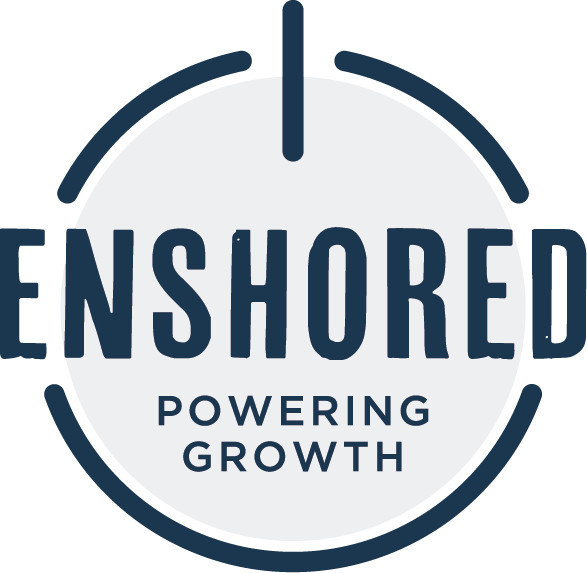Taking too long? Close loading screen.


Few companies manage to raise venture capital, but the opportunity to turbo charge your growth can be extremely enticing. However, not every founder is willing to trade careful stewardship of a brand they’ve nurtured from nothing to a growth at all costs mindset and this is where tensions between founders and investors can prove irreconcilable. At this point, founders can either freeze through the realisation they’ve made a mistake or embark on a round of sensitive negotiations to attempt to claw back control of their business.
For Joel Gascoigne, CEO and co-founder of social media management platform Buffer, the process of deciding to buy-out founders began after he realised his company’s values and culture were being lost in a relentless growth focus.
It helped that when they raised Series A funding in 2014, they had established a better position than most in that they didn’t cede control through an investor board seat, raised a relatively small amount in $3.3million and only given away 6.2 per cent of the company instead of the usual 20-30 per cent. Also, he’d been upfront about not wanting to go public or sell the company in the next five to seven years. This saw one of his investors ask for a clause to give them the option of getting their money out plus nine per cent annual interest at any point starting five years from their investment.
After raising funding, they began to accelerate growth and recruited rapidly. But results didn’t follow quickly enough, layoffs were needed and they had to question what growth rate they wanted to achieve.
Ultimately, Gascoigne opted for “calm company growth that allows team members to bond and have time to become productive, rather than having a large portion of the team be completely new to Buffer.”
While this was good for strengthening the company’s culture and core values, he admits it caused some “challenging conversations” with their investors.
As part of these conversations, he was asked if he’d be prepared to stand down as CEO if Buffer could not afford the agreed nine per cent annual growth return. It was at this point that he admits communication “started to break down” and he began to pursue the idea of buying out their VC investors.
Carrying out a stock buyback was not easy and required a big hurdle to be cleared first; they had to build up cash reserves to make it possible. Then the discussions began.
Ultimately this led to them spending $3.3million to buy out their main investors, a decision which Gascoigne says put the company on a path of long-term sustainability and created “better alignment within our shareholder base towards the path we are on”.
The wish to reclaim their original culture and values from a nothing-matters-but-growth approach was a similar driving force behind the video hosting company, Wistia’s decision to buy out investors. Founded by Chris Savage and Brendan Schwartz in 2006, they raised $1.4million in two rounds of angel investment.
In a blog post, the founders described being in a “constant state of stress” because they weren’t growing fast enough and making the wrong decisions as a result.
“Instead of the creative long-term risks we relished in taking,” the founders explained, “we were taking financially-motivated risks in service of accelerated growth.”
This remained a constant source of tension and ensured they would have to make a major decision; they had to decide whether to “sell Wistia for a life-changing amount of money or keep building the business ourselves”. In the end they went with the latter and committed to building a profitable company that could take creative risks for the long term. To achieve this, they raised $17.3 million in debt to carry out a leveraged buyout.
They knew this carried a substantial risk; if they missed repayments they could lose control of the business and end up with nothing. But it was a decision they were comfortable with because “at least we could sleep at night knowing we offered our investors and employees a return.”
Like many other companies that achieved early success, Arcadium was also enticed by the prospect of turbo charging their growth through the support of investors.
Founded in 2001 by Jessica Rovello and Kenny Rosenblatt, the gaming company grew quickly and was hired by Microsoft to develop pre-installed games. “We drank the Kool-Aid,” admits Rovello, after the company raised $5million in Series A Funding from Edison Ventures to accelerate growth.
But the growth juggernaut soon ran into obstacles, most notably the Russians taking over parts of Ukraine and subsequent US sanctions being placed on companies operating in Crimea. Arkadium had a 100 person team operating there, which it had to dramatically reduce and both founders soon began to take a different view on the relentless growth course they were on.
“It is very surprising to me in so many other areas of society we have evolved to take a long-term view of things, like the environment,” Rovello told Fast Company. “I don’t understand why that hasn’t translated to business and why this short-sighted, short term, high growth, high burnout scenario is considered the ultimate calling for a company.”
For Rovello and Rosenblatt it was no longer their calling and they would end up buying out Edison Ventures. “We are committed to building an evergreen business,” explained Rovello in a statement at the time.
“To do that, technology companies need to get away from the de facto VC growth model. Operating independently enables you to have a longer-term view, greater control around strategies, and more operating flexibility. We want to be an example for purpose-driven companies that value long term impact over ‘growth at all costs’ mindsets.”
For Rovello, Rosenblatt, Savage, Schwartz and Gascoigne, the decision to take back control has left them with no regrets. They’re all happy to be able to grow at their own pace and have more control over company culture.
“I truly believe that we should be talking more about these topics as an industry, and I hope our experience can be useful to those who may be considering a similar path,” says Gascoigne.
For Rovello, this can only help raise awareness that there isn’t a one-size-fits-all approach to growing a business. Building a “people first, long term business” is an ideal all five founders agree should be seen as a more attractive alternative.
Anticipating growth?
Access the tools, tech & team you need to scale globally.

Serious about scaling?
One call is all it takes to know if we’re a fit.
© 2024 Enshored · Privacy · GDPR · California · Cookies